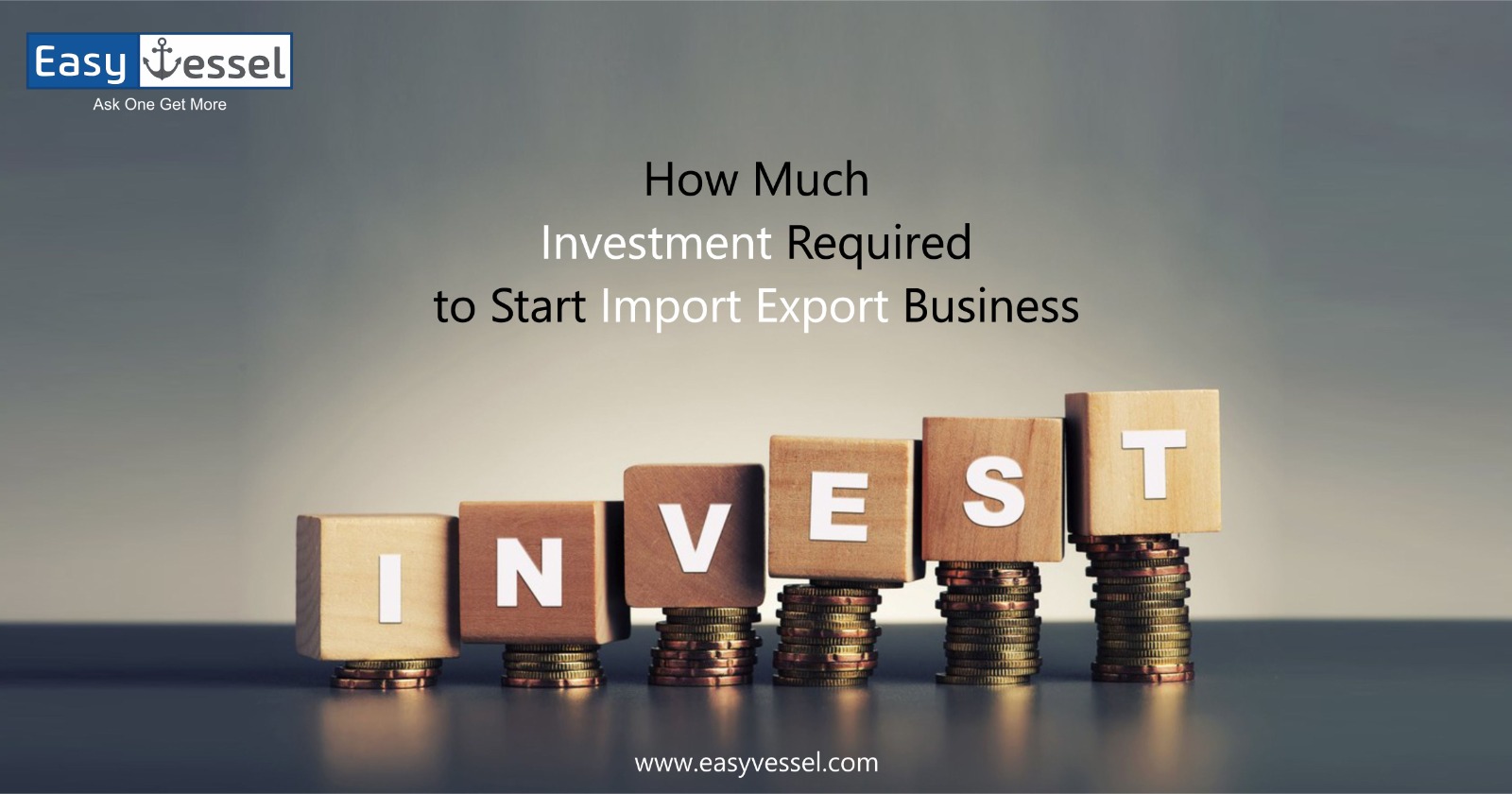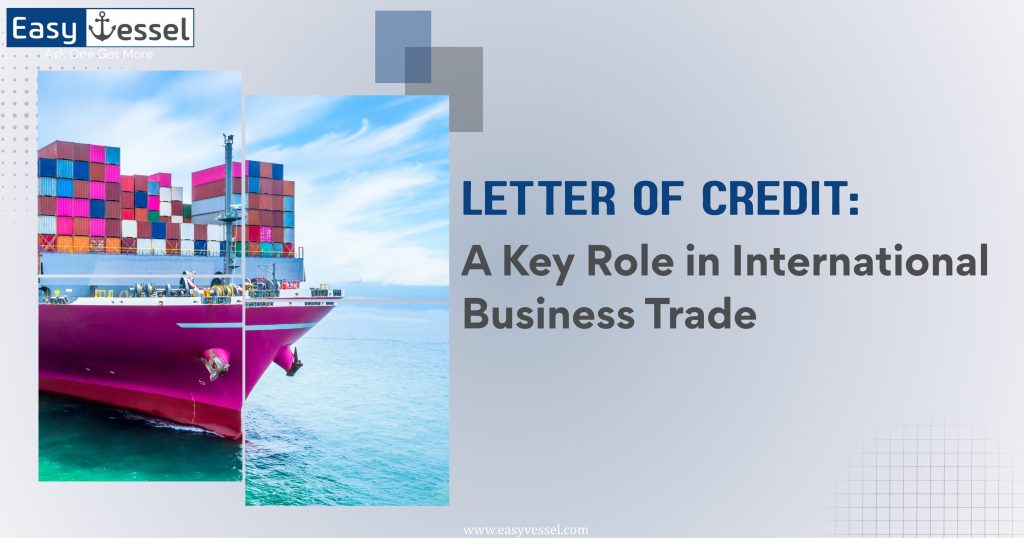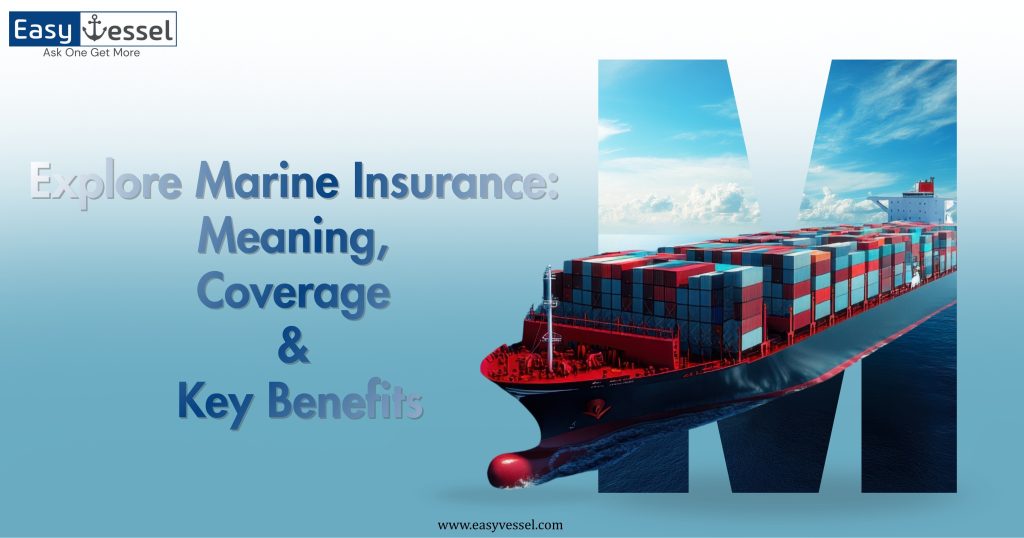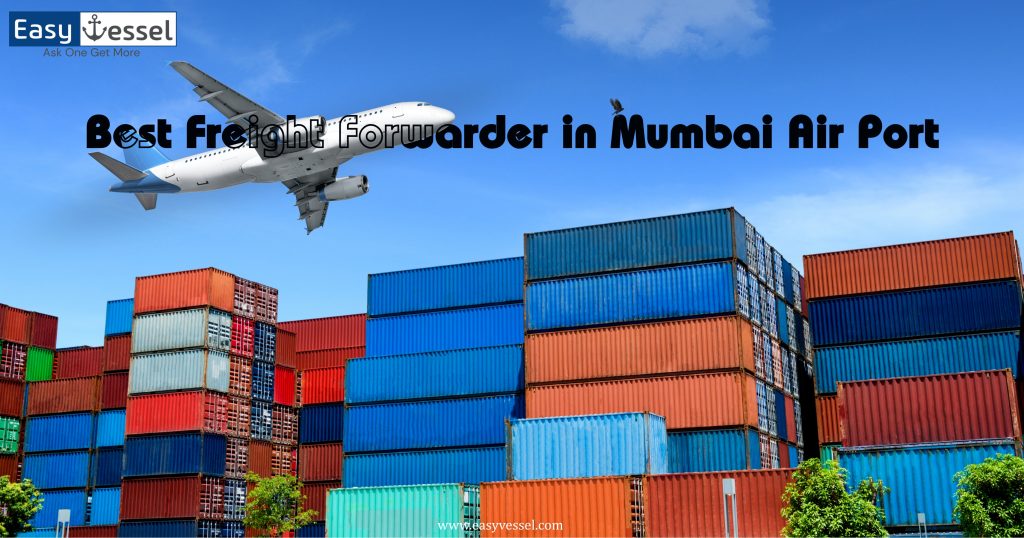- Investment requirements for starting an import-export business can vary significantly based on the scale and scope of your operations.
- Starting an import-export business can be a profitable venture, but the investment needed can vary widely.
- It depends on factors like the products you plan to trade, your business structure, and market research expenses.
- Expenses cover licenses, office space, staff, technology, marketing, and product purchases, along with costs for research and trade shows.
- Detailed planning and expert advice are crucial for budgeting effectively.
How Much Investment Required:
- Here’s a breakdown of estimated investment ranges for small, medium, and large import-export businesses:
Small Import-Export Business:
- Initial Capital: Small businesses can typically begin with an initial investment ranging from $5,000 to $20,000.
- Scope: Small-scale import-export businesses often target specific niches or product categories and may operate from a home office.
- Infrastructure: Limited infrastructure and staffing requirements, with a focus on cost-effective solutions.
- Market Focus: Niche or specialized markets with lower upfront costs.
- Risk: Lower financial risk, but the potential for more limited growth.
Medium-Sized Import-Export Business:
- Initial Capital: Medium-sized businesses may require an initial investment ranging from $20,000 to $100,000 or more.
- Scope: These businesses typically have a broader product portfolio and may explore multiple markets.
- Infrastructure: Requires dedicated office space, possibly additional staff, and improved logistics capabilities.
- Market Focus: Expanding into larger or diverse markets with moderate upfront costs.
- Risk: Moderate financial risk with the potential for scalable growth.
Large Import-Export Business:
- Initial Capital: Large-scale import-export businesses often require substantial capital, exceeding $100,000 and potentially reaching millions of dollars.
- Scope: Operate on a global scale, dealing with a wide range of products across multiple markets.
- Infrastructure: Extensive infrastructure, including offices, warehouses, transportation fleets, and a significant workforce.
- Market Focus: Targeting multiple international markets and industries with substantial upfront investments.
- Risk: Higher financial risk due to substantial investments, but the potential for significant expansion and profit.
Here’s the information presented in a concise table format with key points and estimated costs in INR:
| Category | Details | Estimated Cost (in INR) |
| Business Setup | ||
| Business Registration | Register your business entity | ₹500 – ₹50,000 |
| Import/Export License | Obtain Import Export Code (IEC) | ₹2,000 – ₹5,000 |
| Trademark Registration | For brand or logo protection | ₹4,500 – ₹20,000 |
| Legal Counsel | Legal consultation and services | ₹1,000/hr – ₹5,000/hr |
| Customs Consultation | Customs duties, tariffs advice | ₹1,000 – ₹50,000 per consult. |
| Tax Consultation | GST, IGST, tax implications advice | ₹5,000 – ₹25,000 per consult. |
| Compliance & Regulatory | Ensure compliance with regulations | ₹10,000 – ₹200,000 annually |
| Contract Drafting & Review | Legal agreements drafting/review | ₹10,000 – ₹100,000 per contract |
| International Law Consultation | Rent or purchase varies by location | ₹1,000 – ₹50,000 per consult. |
| Initial Business Setup | ||
| Business Registration Fees | Government registration fees | ₹500 – ₹50,000 |
| Licensing & Permits | Import/export licenses & permits | ₹500 – ₹5,000 |
| Office Space | The initial purchase of goods | ₹6,000 – ₹3,00,000 per month |
| Office Equipment | Computers, phones, furniture, etc. | ₹30,000 – ₹2,00,000 |
| Website & IT | Website development, hosting, etc. | ₹6,000 – ₹60,000 |
| Marketing & Branding | Logo, branding, initial campaigns | ₹6,000 – ₹60,000 |
| Inventory | Initial purchase of goods | Varies widely |
| Insurance | Business liability, cargo insurance, etc. | ₹6,000/year – ₹30,000/year |
| Employee Salaries | Varies based on headcount | Varies based on headcount |
| Miscellaneous | Unforeseen expenses and supplies | ₹6,000 – ₹30,000 monthly |
Please note that these are approximate costs, and actual expenses may vary. Conduct thorough research and financial planning for precise budgeting.
Conclusion:
In conclusion, A well-thought-out plan considering varied expenses and regulations is crucial for a successful import-export venture. Modify your financial analysis to your business strategy and industry specifics.
Additionally, consider factors like regulatory compliance, import/export licenses, and customs duties in your financial planning.
Easyvessel is the best way to connect importers and exporters with multiple freight forwarders to get freight rates in multiple shipping lines with 0% commission.
Save time and money at easyvessel.
References:
Frequently Asked Questions
To get started with an import-export business, you’ll typically need an initial investment of around Rs. 50,000 to Rs. 1 Lac. This budget covers expenses such as acquiring necessary equipment, hiring staff, obtaining permits, and other essential costs.
In India, obtaining an import-export license, also referred to as the Import-Export Code (IEC), involves a government fee of Rs. 500. Additionally, you may encounter additional professional fees, which typically range from Rs. 1,000 to Rs. 5,000, depending on the specific services you require.
To start an import-export business successfully, follow these steps:
Choose Profitable Products: Select products with high demand and affordable shipping costs.
Connect with Reliable Partners: Find trustworthy suppliers and customers through directories and networking.
Leverage Cost-Effective Marketing: Utilize free or low-cost marketing channels such as social media and email.
Start Small and Grow: Begin with a small-scale operation and gradually expand to minimize risk and gain experience.



